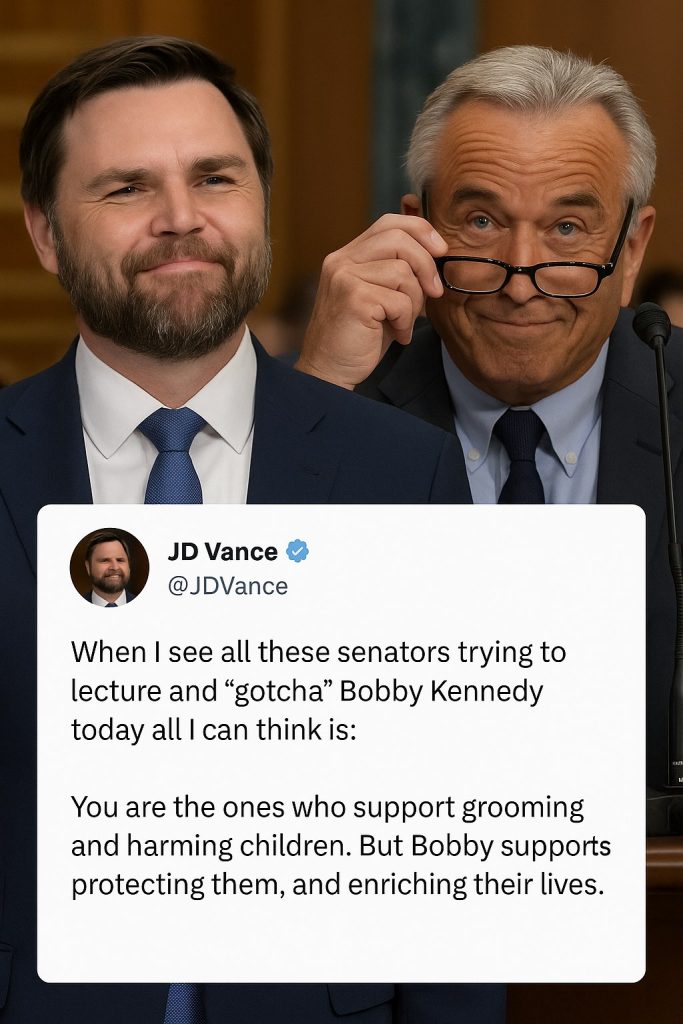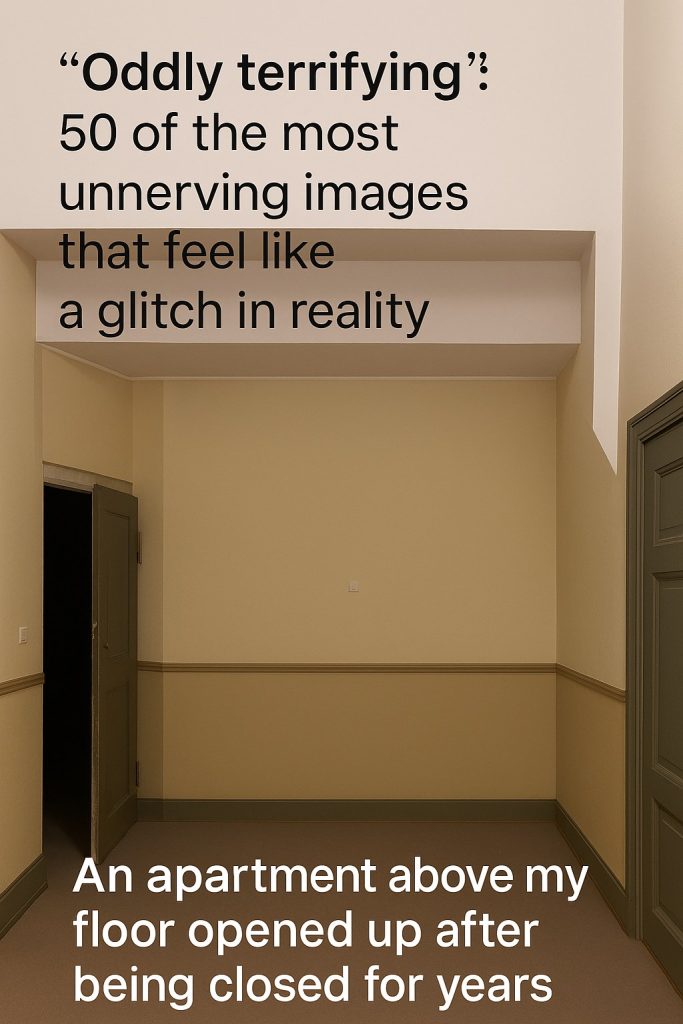Vice President JD Vance issued a sharp rebuke of Senate Democrats during a highly charged hearing focused on Robert F. Kennedy Jr., accusing them of hypocrisy and political grandstanding in their aggressive line of questioning.
The hearing, which unfolded amid rising tensions over RFK Jr.’s controversial political stances and public statements, sparked a wave of partisan debate. Senate Democrats, intent on scrutinizing Kennedy’s record and viewpoints, aggressively challenged his credibility and agenda. However, Vance, known for his outspoken style and alignment with conservative circles, criticized the Democrats’ approach as more focused on “gotcha moments” than substantive discourse.
In a pointed statement shared on social media, Vance expressed frustration with what he described as a concerted effort by Democrats to “lecture and trap Bobby Kennedy.” He suggested that the senators’ combative tactics revealed a deep-seated double standard and a lack of genuine engagement with Kennedy’s ideas. Using the informal phrase “all I can think is: You [hypocrites],” Vance implied the Democrats were undermining their own credibility by prioritizing political theater over honest examination.
The controversy surrounding the hearing stems from RFK Jr.’s increasingly prominent role as a political figure who has positioned himself outside traditional party lines, particularly with his outspoken views on vaccines and government policies. Critics have raised concerns over some of his claims, labeling them as misinformation, while supporters admire his willingness to challenge established narratives.
During the hearing, Democratic senators pushed Kennedy on various issues including public health policy, his past remarks about COVID-19 vaccines, and his broader political philosophy. Their goal appeared to be to highlight inconsistencies and provoke admissions that could discredit him ahead of upcoming election cycles. Republicans, however, rallied behind Kennedy, including Vance, framing the hearing as a biased attempt to silence dissenting voices.
The clash illustrates broader partisan divides in Washington, where hearings and public forums frequently devolve into spectacles of confrontation rather than platforms for constructive debate. Observers note that while rigorous scrutiny remains essential in democratic governance, the performance-based tactics risk alienating voters and deepening political polarization.
Supporters of both Kennedy and Vance argue that the controversy underscores a necessary challenge to political insiders and media narratives, with figures like Kennedy occupying a unique space that disrupts traditional party dynamics. Conversely, critics warn that overlooking problematic rhetoric in favor of political scoring may undermine public trust in government institutions.
As the political landscape heats up ahead of pivotal elections, the episode sheds light on how contentious hearings can become battlegrounds for broader ideological struggles rather than purely fact-driven evaluations. Vance’s vocal criticism reflects an ongoing effort by some Republicans to reposition themselves as defenders against what they perceive as unfair treatment by party opponents.
In summary, the hearing on RFK Jr. not only intensified scrutiny on his views but also exposed the underlying partisan tensions that shape modern American politics — a dynamic vividly illustrated by Vice President JD Vance’s callout of Senate Democrats’ perceived hypocrisy and performative aggression.



